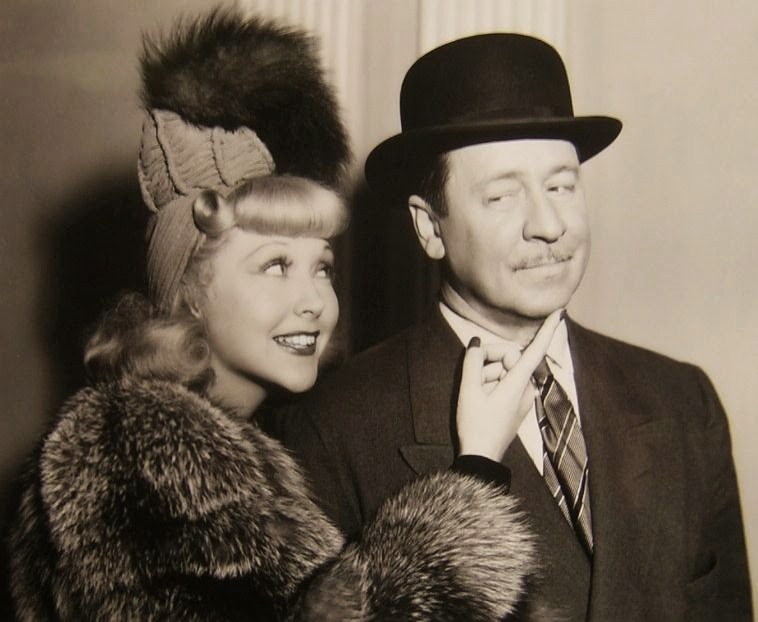I was given a list of composer names to pronounce. I demonstrated my familiarity with a mixing board and microphone – I was expected to be my own engineer – and my ability to assemble an interesting variety of classical-music selections. I had chosen to write a cover letter in lieu of a resume to make it easier to fudge my lack of a college degree, which I did by stressing my experience working at a college radio station, implying that I’d also attended classes there.
 |
| Ron Nicoll at WMHT-FM, c. 1981 Photo by B. A. Nilsson |
Ron Nicoll died at the age of 77 last Sunday after a long illness and brief hospital stay. My wife and I visited him two days before. Despite his extreme physical debilitation, he retained the wit and acuity I knew very well. “We give you all our love,” Susan told him as we prepared to depart. “I thought I already had that!” he shot back.
He was pretty sure I had no college degree when he hired me. Although he rarely called attention to it, neither did he, but the autodidact is typically better-informed and better-spoken than those who rely for their smarts on academia. And there’s a high educational threshold required to appreciate classical music enough to work with it as a radio professional – or it was back then.
























